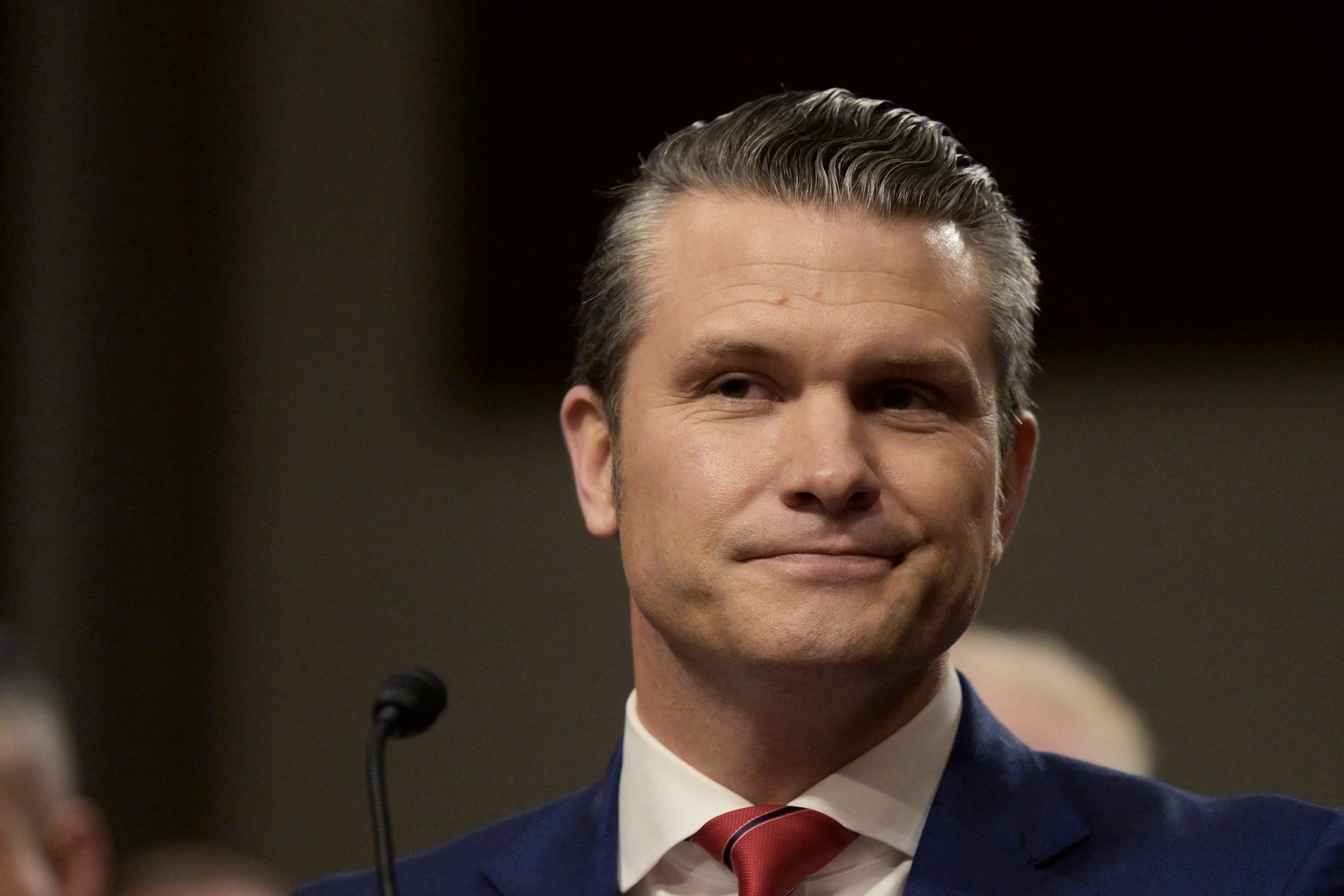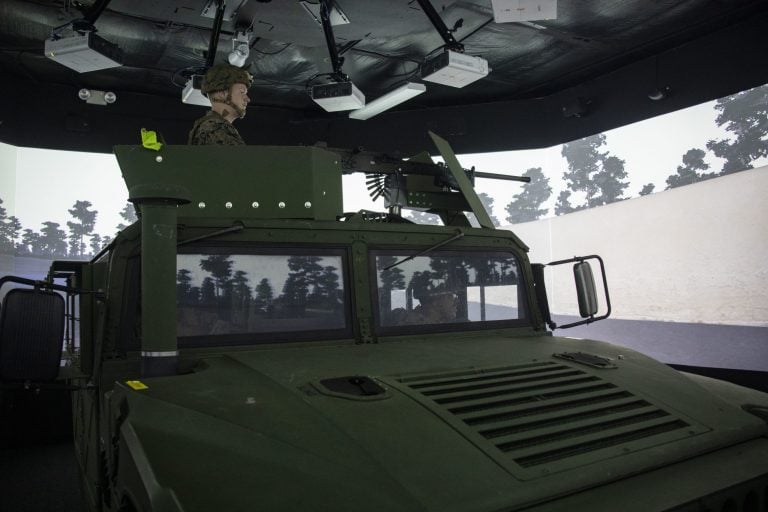In a significant shift in policy, Defense Secretary Pete Hegseth has announced that the Pentagon will no longer utilize its resources for the observance of cultural and heritage months that celebrate various ethnic backgrounds. The directive is grounded in the belief that such acknowledgments foster division within the military, undermining its unity and cohesion.
The announcement aligns with the current administration’s broader agenda, which targets military policies that have been viewed as overly progressive or divisive by some factions. Under the new guidelines labeled “Identity Months Dead at DoD,” resources—including personnel time—will not be allocated for the hosting of events or celebrations in honor of cultural awareness, which historically included recognitions like Black History Month, Women’s History Month, Asian American and Pacific Islander Heritage Month, and National Hispanic Heritage Month.
Hegseth’s statement emphasized the importance of camaraderie within the ranks, stating that efforts to recognize one group over another could erode the critical sense of unity needed to fulfill the Department of Defense’s warfighting mission. The statement clearly articulates a vision where every service member is valued, emphasizing the valor and achievements of military heroes from diverse backgrounds without the formal designation of specific months for celebration.
While the directive prohibits official participation and resource allocation for these events, it does allow service members and civilians to attend related events on their own time and outside of their duty hours. The guidance encourages embracing the accomplishments of military heroes across all races and backgrounds, although it appears to draw a line at organized recognition through official channels.
This decision has sparked discussions about the balance between honoring diversity and ensuring mission effectiveness within the armed forces. As the military navigates these changes, a wide range of reactions from various stakeholders is expected, reflecting differing views on the importance of inclusivity and recognition of cultural heritage in fostering a united military community.







